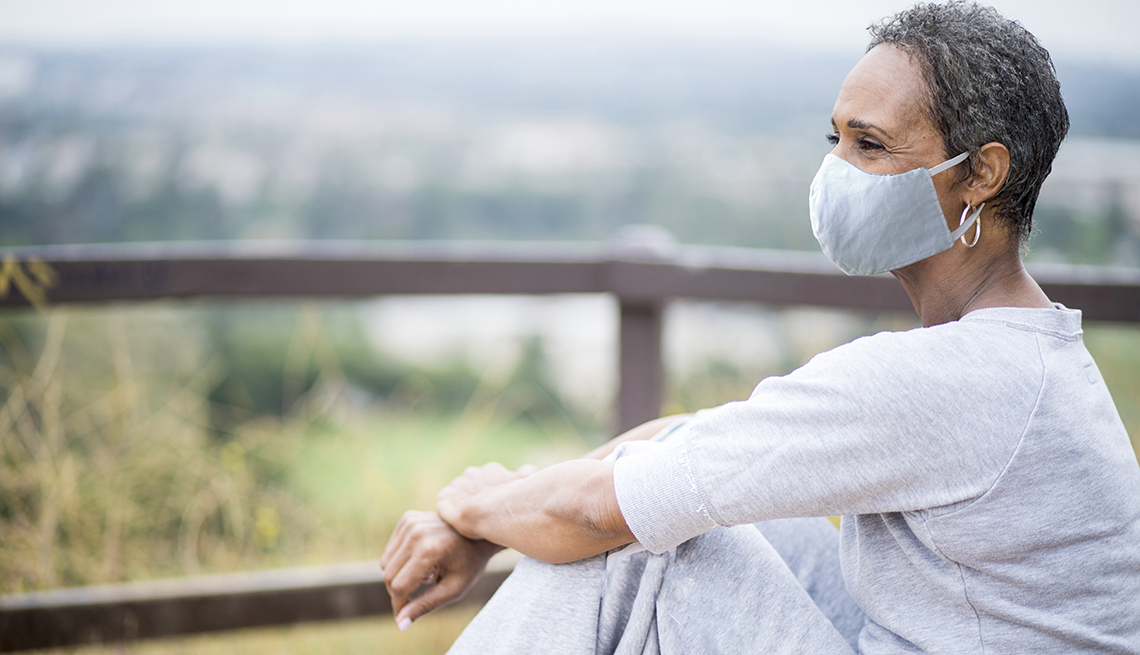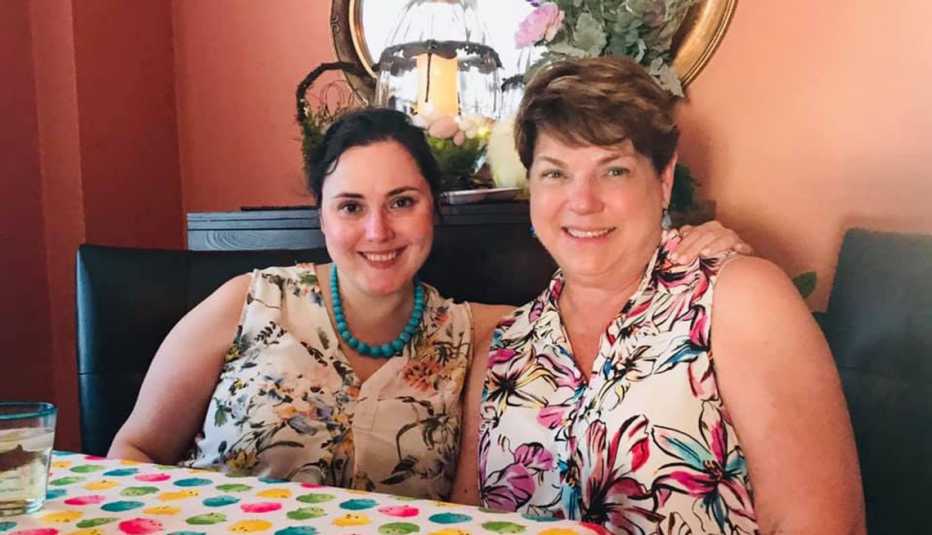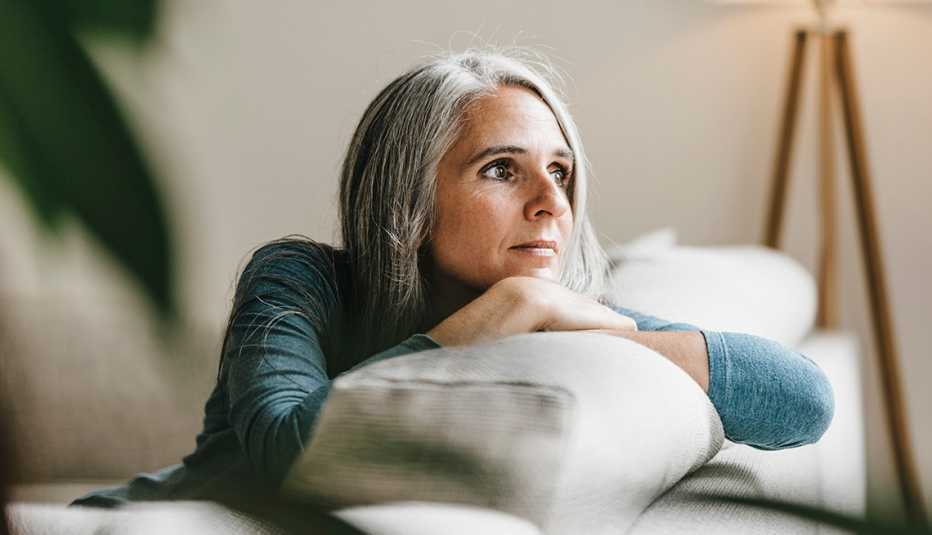Staying Fit
A year of pandemic living with a limit on socializing, intense time with spouses and children without a break, working from home, and fewer distractions has many people reevaluating their life's path.
Fold in the significant life changes that typically happen as people age — retirement, empty nests, health issues — and identity can start feeling as nebulous to those in the over-50 bracket as it does to a teenager.


AARP Membership— $12 for your first year when you sign up for Automatic Renewal
Get instant access to members-only products and hundreds of discounts, a free second membership, and a subscription to AARP the Magazine.
COVID-19 has pushed many to re-evaluate their lives. Are you where you want to be in your career, with your family, your friendships, your personal growth?
Licensed professional counselor Theresa Summer of Huntsville, Alabama, has heard plenty of people question their identity, but lately she's seeing a new trend.
"In previous times the idea may have been, ‘you make your bed for the first half of your life and then you lie in it for the second half,” she says. “It is more common for a client to come in now and say, ‘I just don't think this is who I am anymore.’ They want a different bed — metaphorically and, sometimes, literally."
Crafting a different future
Christine Lasher, 53, can relate.
"The pandemic has provided a really important stillness for me,” she says. “It's forced me to be with myself in ways I didn't have to before."
Lasher, of Fairport, New York, has always been a caregiver — first to her three siblings when her father passed away at age 37 from a heart attack, then to her four children, for “an ex-husband and a few wretched boyfriends,” and for her mother with health concerns.
But when COVID-19 hit, Lasher decided to start taking care of herself. She began therapy. She started meditating, writing fiction and painting, and lost 30 pounds.
"This is the first time I'm choosing me in my whole life,” Lasher says. “I'm crafting what my future looks like.”




































































